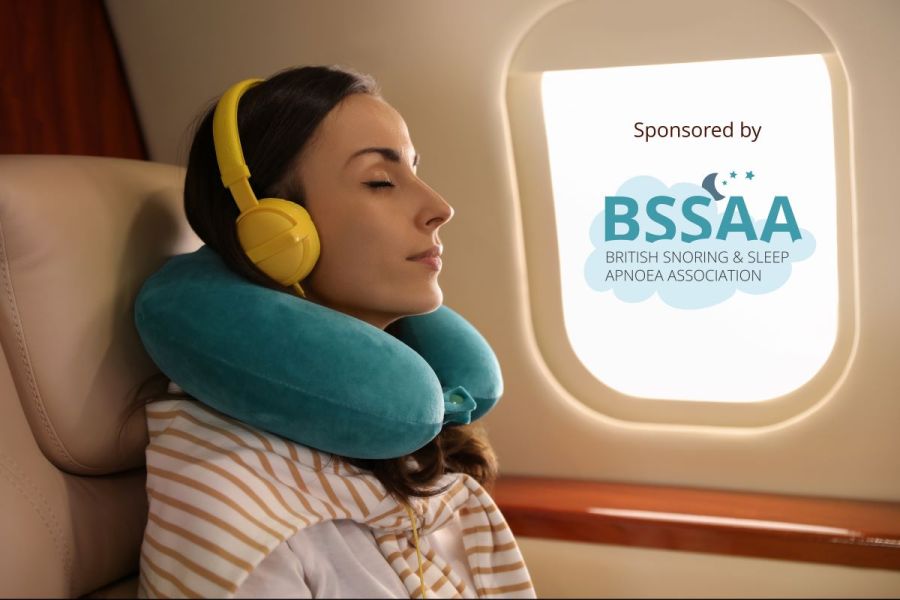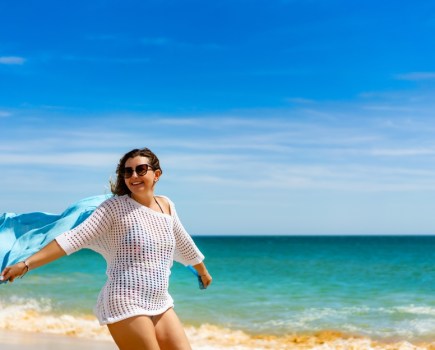Unlock the secrets to better sleep while travelling with the British Snoring & Sleep Apnoea Association…
The excitement of travelling can bring its own sleep challenges, and a good night’s sleep can sometimes take a back seat.
Whether you’re travelling for business or pleasure, your sleep patterns will undoubtedly be impacted in some way. However, keep in mind that these disruptions are perfectly normal. Following the tips below, such as sticking to a consistent sleep schedule and creating a comfortable sleeping environment, will help you navigate sleeping while travelling.
So, whether you’re adjusting to new time zones or sleeping in unfamiliar surroundings, remember that with a mindful approach, you can improve your sleep and make the most of your trip. Follow these simple tips from the British Snoring & Sleep Apnoea Association (BSSAA), and make every journey a restful one.
YOUR SLEEP BLUEPRINT
- Prepare for travel by gradually adjusting your sleep pattern before you go. It’ll help soften the blow of jet lag!
- Craft an itinerary that aligns with your natural sleep habits, and when possible, choose flights that coincide with when you usually hit the hay.
- Additionally, stick to your regular sleep routine to maintain the balance of your body’s internal clock.
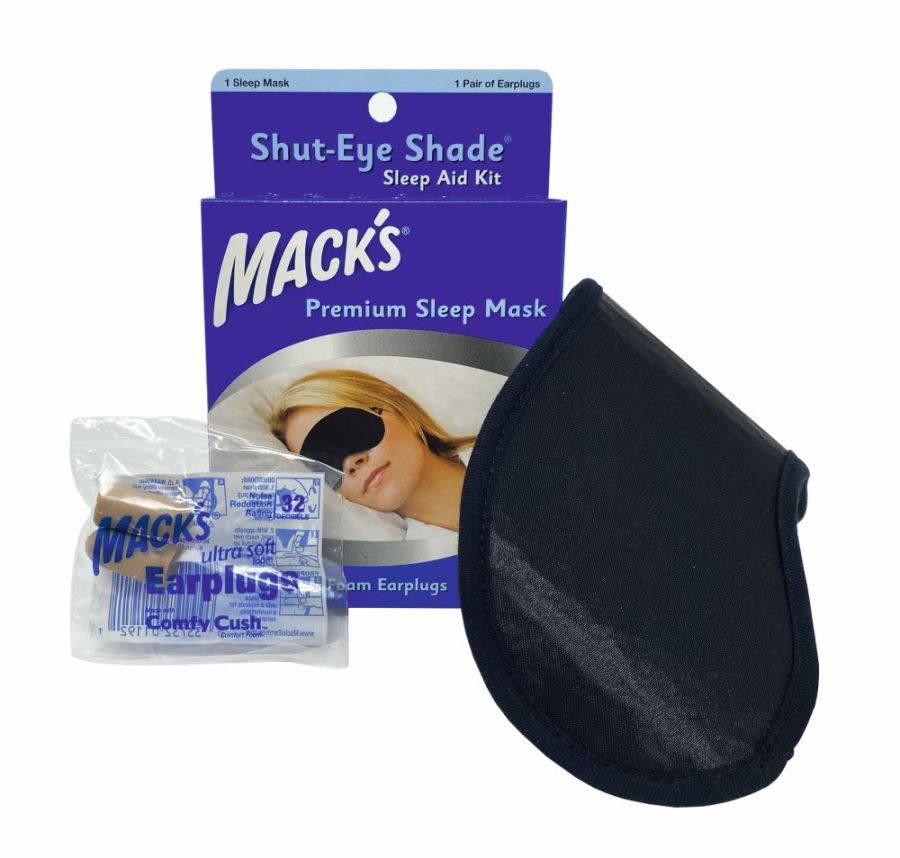
CREATE A COMFORTABLE SLEEP ENVIRONMENT
- Create sleep-friendly surroundings whenever possible, whether it’s on a plane, in a car, or in a hotel. Bonus tip: request a window seat on a plane for a more comfortable surface to lean on, and don’t forget your travel pillow!
- Stay comfy by wearing loose, breathable clothing when travelling.
- You can also improve your sleep by using tools like Mack’s Premium Sleep Mask with Soft Foam Earplugs (£9.49) to block out light and noise.
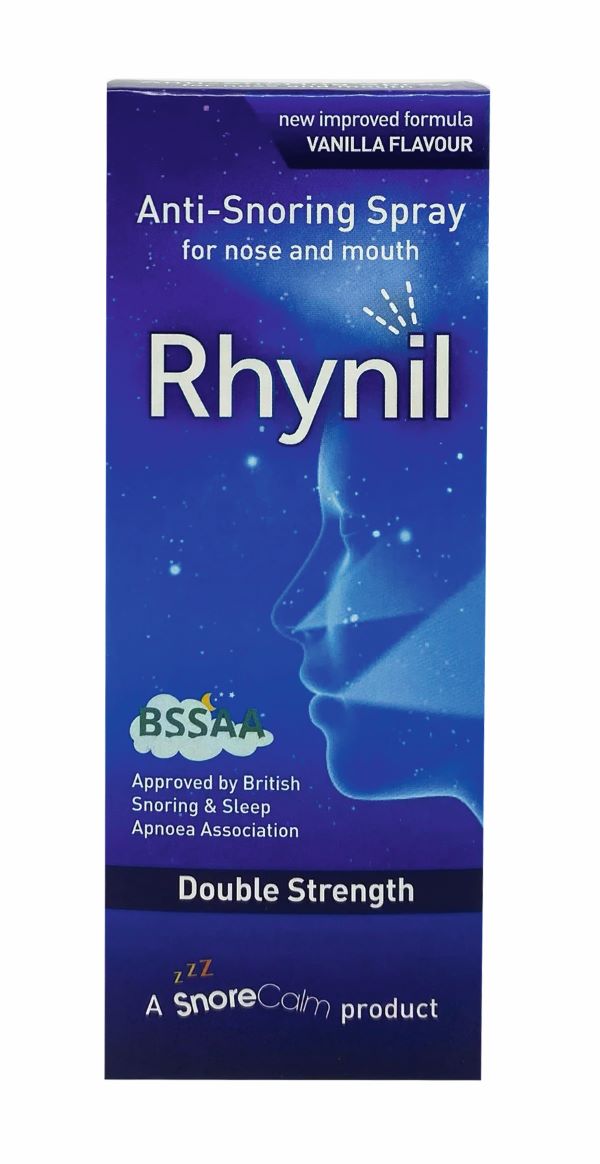 Ideal for snorers and allergy sufferers, Rhynil Anti-Snoring Spray (£19.49) is a convenient must-have for added comfort. Your travel companions will also enjoy the peace it brings to your shared space!
Ideal for snorers and allergy sufferers, Rhynil Anti-Snoring Spray (£19.49) is a convenient must-have for added comfort. Your travel companions will also enjoy the peace it brings to your shared space!
HYDRATE AND NOURISH
- Prioritise hydration to regulate body temperature and support a healthy sleep-wake cycle.
- Moderate caffeine and alcohol intake for better sleep quality. Drink calming herbal tea or water in the evening.
- Choose a balanced diet with fruits and vegetables, especially on travel days when heavy meals can impact sleep. Opt for snacks such as apples, oranges, protein bars, and popcorn for quick fuel during your journey.
ADJUSTING UPON ARRIVAL
- If the time difference at your destination makes it difficult to maintain your regular sleep schedule, use natural sunlight when you arrive to reset your body clock and adjust to the local time zone.
- Light physical activity can reduce fatigue and improve sleep quality as you adjust to a more regular routine.
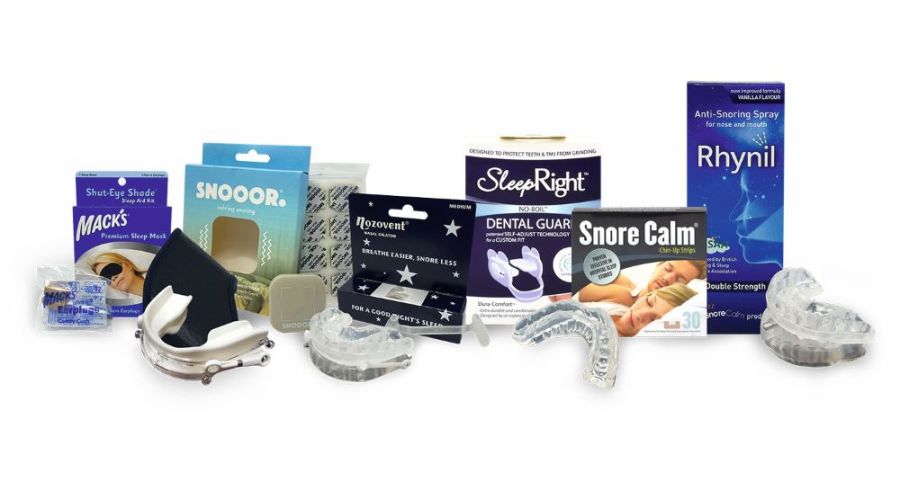
Discover your optimal sleep solution with BSSAA, the UK’s foremost authority on snoring and sleep apnoea since 1991. Dive deeper into sleep wellness online at britishsnoring.shop for additional tips and solutions.

